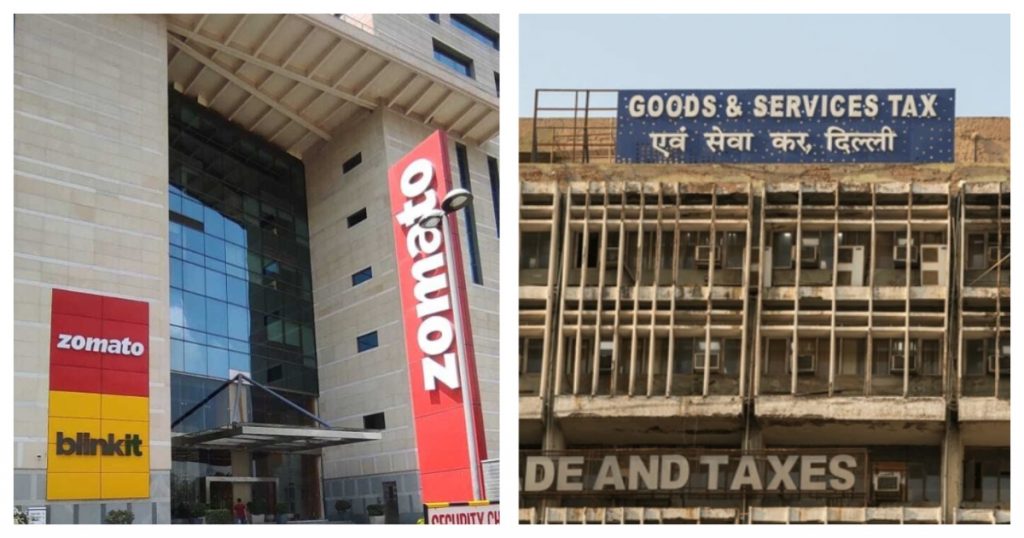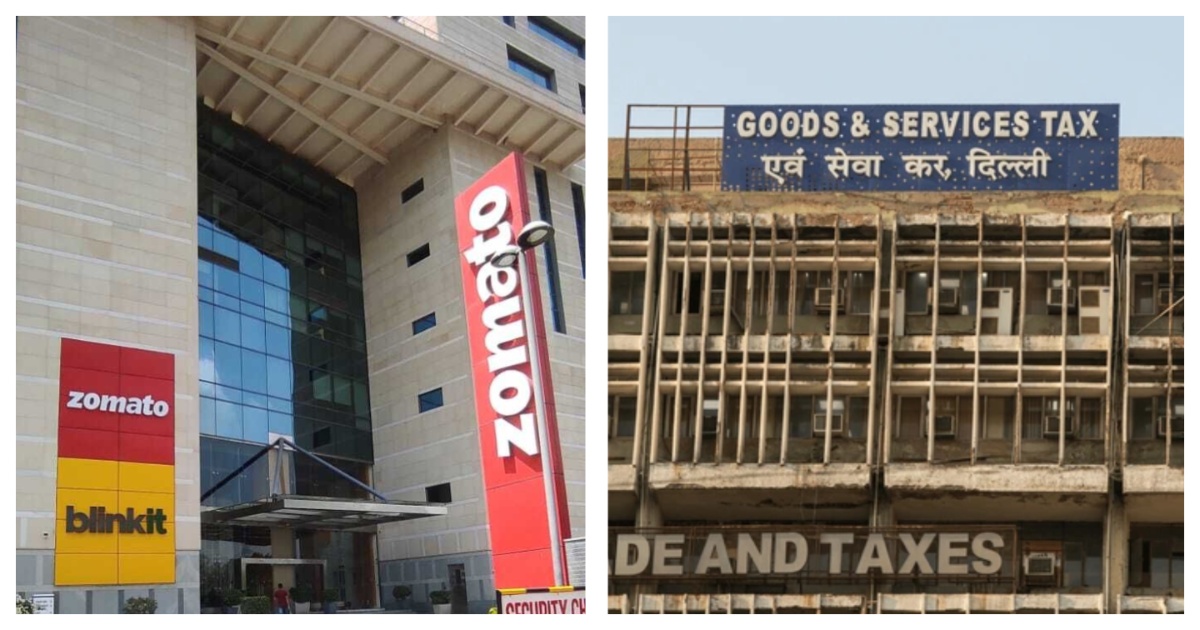Zomato has been making profits over the last few quarters, but it might have neglected to pay taxes on them.
Zomato has been hit with a Rs. 802 crore tax demand from Joint Commissioner of CGST & Central Excise, Thane Commissionerate, Maharashtra. The demand of the tax is Rs. 401 crore, and was also hit with an additional interest and penalty of Rs. 401 crore. The tax demand is fromthe period 29 October 2019 to 31 March 2022.

“Pursuant to Regulation 30 of the Listing Regulations, and in continuation to the disclosure filed on 27 December 2023, this is to inform that the Company has received an order on 12 December 2024 which is dated 12 November 2024 for the period 29 October 2019 to 31 March 2022 passed by Joint Commissioner of CGST & Central Excise, Thane Commissionerate, Maharashtra confirming demand of GST of INR 401,70,14,706/- (Rupees four hundred and one crores seventy lakhs fourteen thousand seven hundred and six only) with interest as applicable and penalty of INR 401,70,14,706/- (Rupees four hundred and one crores seventy lakhs fourteen thousand seven hundred and six only),” Zomato said in a note to exchanges.
Zomato says it’s contest the order. “We believe that we have a strong case on merits which is backed by opinions from our extemal legal and tax advisors. The Company will be filing an appeal against the order before the appropriate authority,” it said.
This isn’t the first time that Zomato has been hit by a GST order. Last year, Zomato was hit with a Rs. 400 crore tax demand over non-payment of GST on the delivery fee collected by it from consumers all the way back from 2017 to 2023. Swiggy too was hit with a similar demand of Rs. 300 crore back then.
The demand seems to stem from tax authorities and delivery platforms like Swiggy and Zomato have differing views on how to handle GST on delivery fees. The tax authorities contend that food delivery is a service, so Zomato and Swiggy are liable to pay GST at a rate of 18%. On the other hand, Zomato and Swiggy believe that they are platforms, and only hire gig workers on a per-delivery basis. They believe that they only collect delivery fees which is ultimately paid to the gig worker, so it’s the delivery partner who’s liable to pay GST. Delivery partners, however, typically earn less than Rs. 20 lakh a year making them exempt from paying GST, and thus haven’t paid GST on the payments they’ve received. Experts say that the real question, therefore, is whether this service is performed by the platform or by the delivery personnel directly.
The latest Rs. 802 crore demand — if it does go through — could be significant for Zomato. The Rs. 802 crore is more than 60 percent of Zomato’s net profit for FY24, the demand could significantly impact its bottom line. Zomato intends to contest the demand, but these tax demands could put some overhang on Zomato’s stock in the near future.
